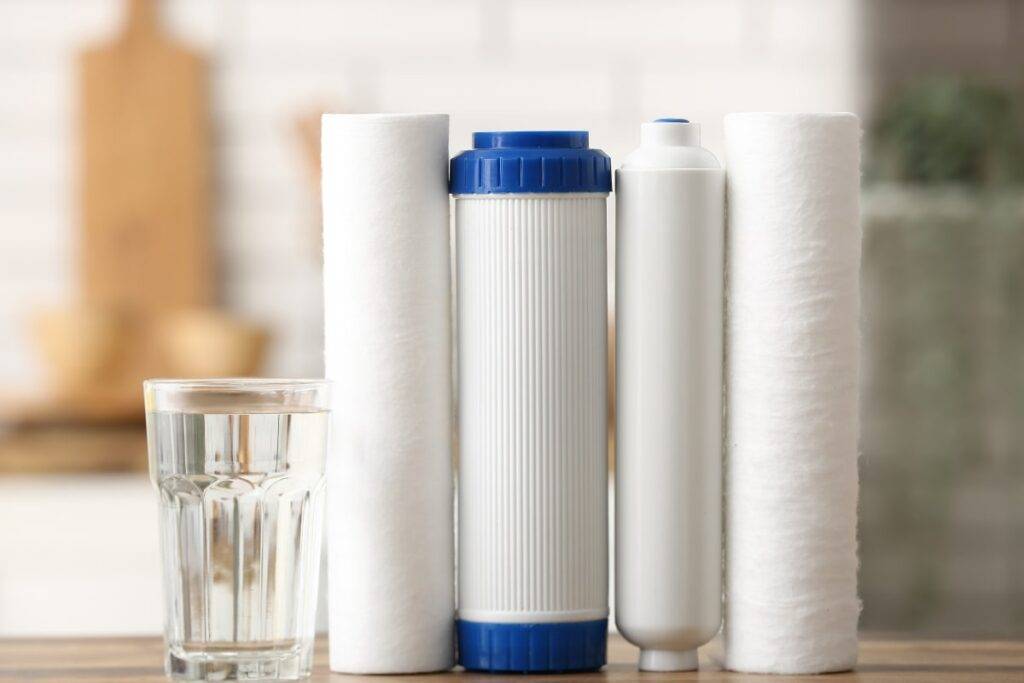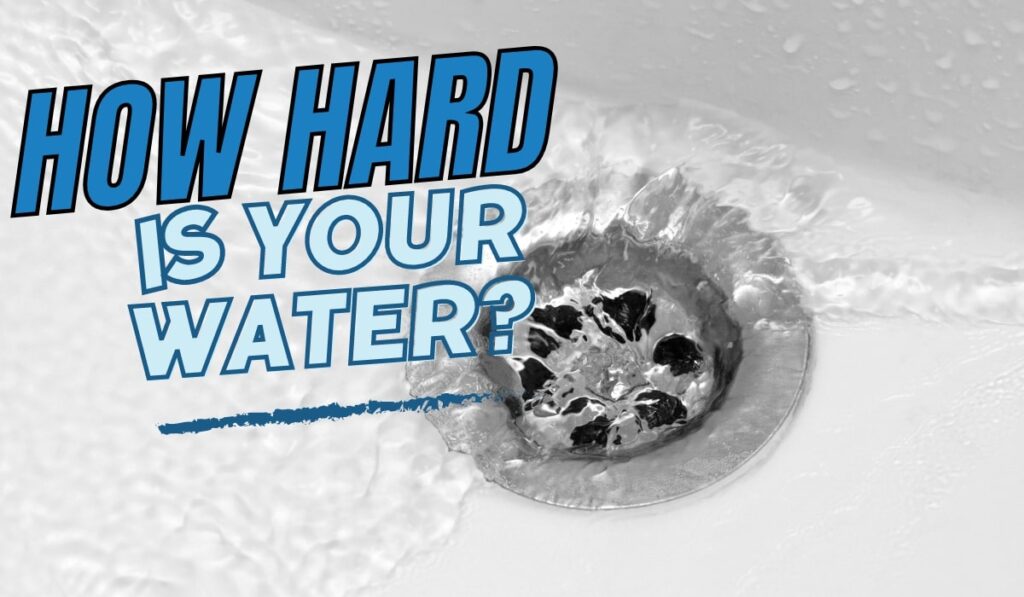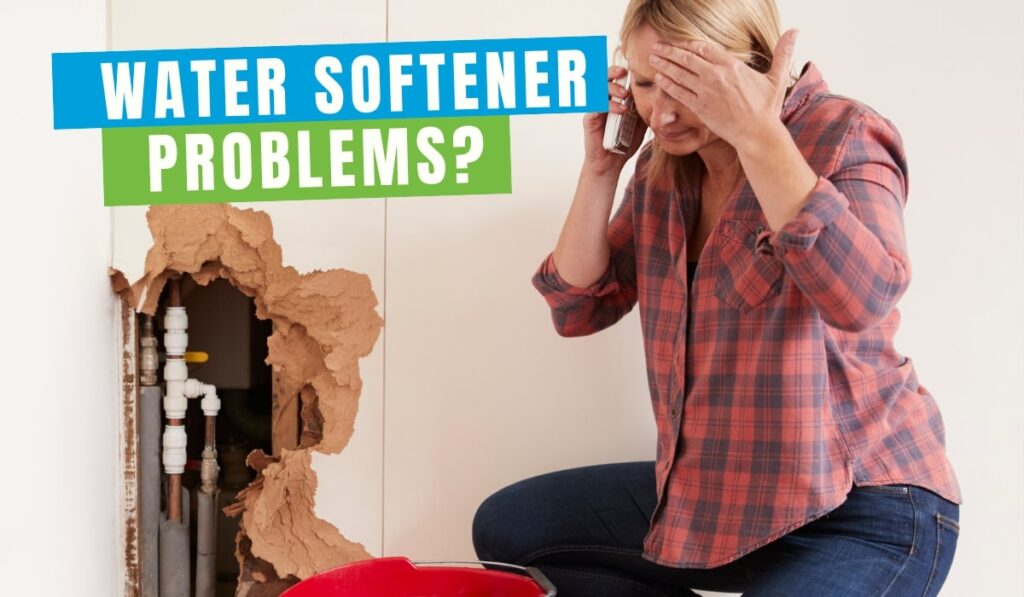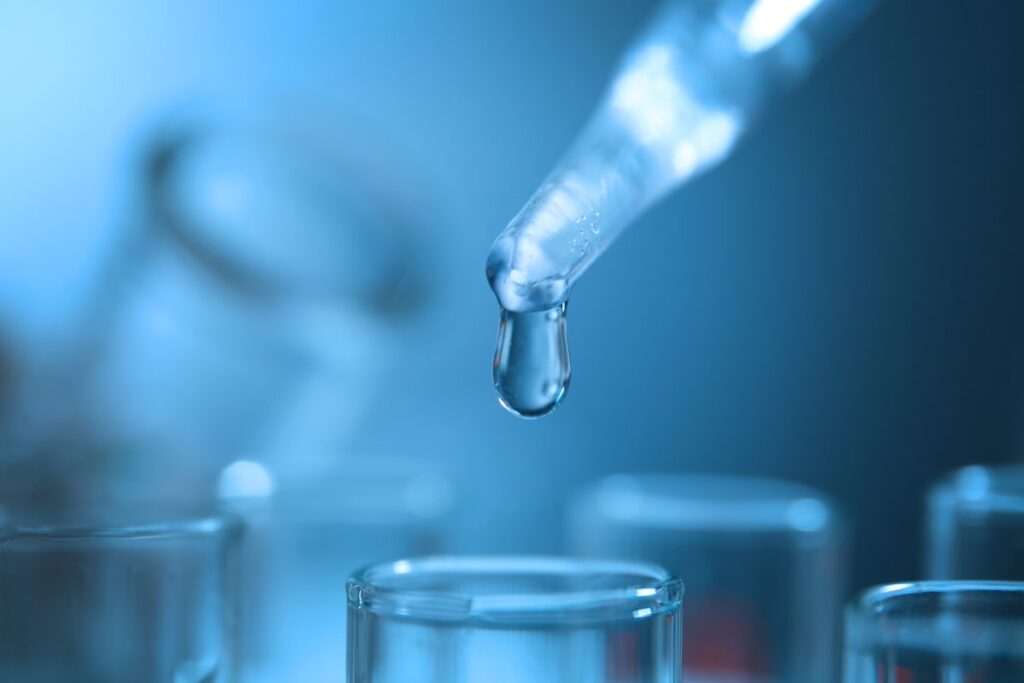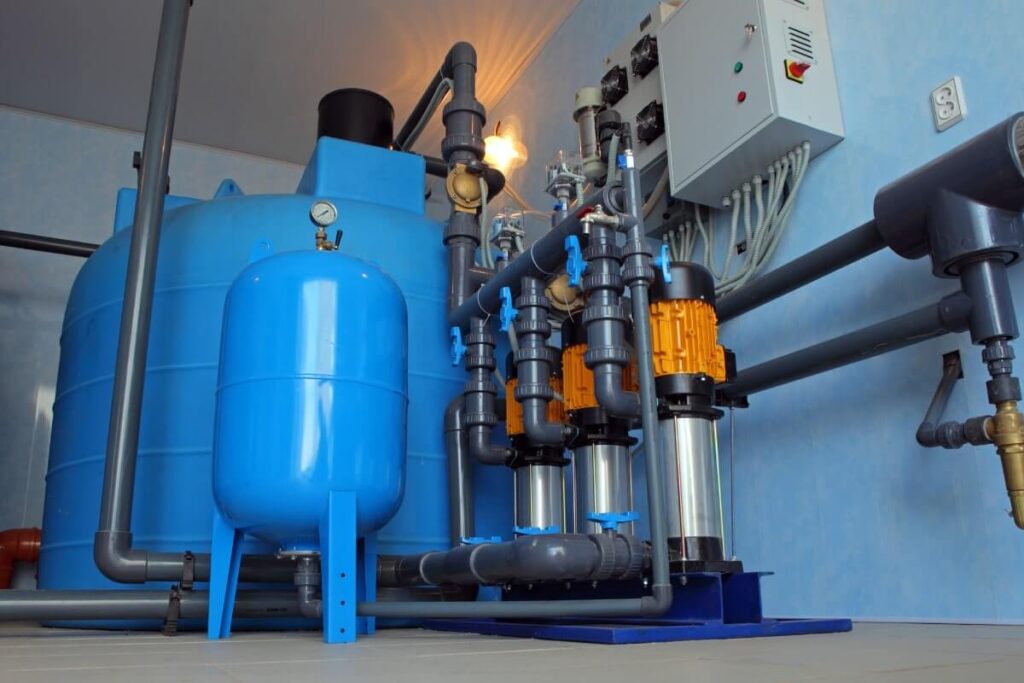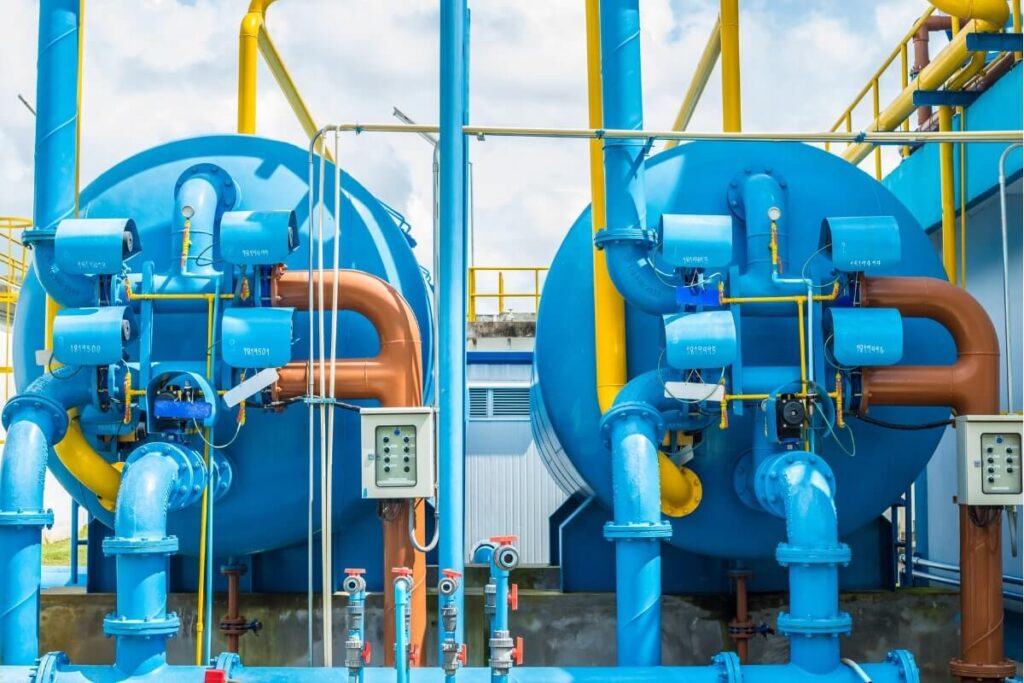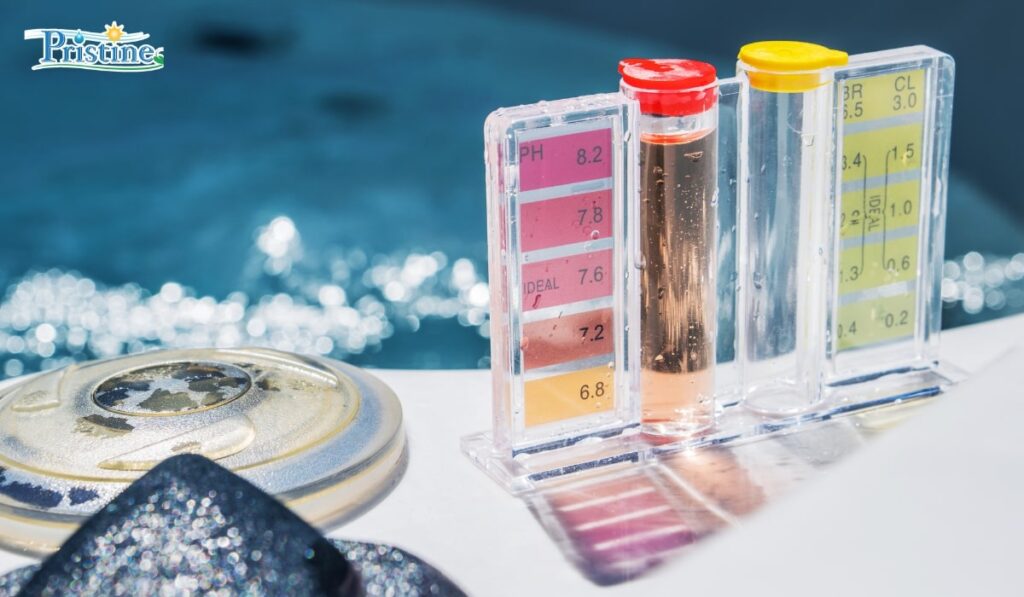Choosing the Best Water Filtration System for Your Home in Mesa
Types of Water Filtration Systems At Pristine Water Softeners, we understand the importance of clean water. That’s why we specialize in a range of water filtration systems suitable for every home in the Mesa area. Let’s explore some of the most effective technologies available. Reverse Osmosis Systems Our reverse osmosis (RO) systems are designed to remove up to 99% of water contaminants, producing crystal clear water for your household. This process effectively eliminates chemicals, ions, and larger particles, ensuring your water is pure and safe to drink. Carbon Filter Systems Carbon filter systems use activated carbon to remove chlorine, sediment, and volatile organic compounds (VOCs) from water. This method not only purifies water but also enhances its taste and odor, making it more enjoyable to drink. UV Sterilization Systems For an added layer of protection, UV sterilization systems use ultraviolet light to kill bacteria and viruses. This technology is a great supplement to other filtration methods, ensuring your water is free from harmful microorganisms. Benefits of Water Filtration Systems Improved Taste and Odor Installing a water filtration system significantly improves the taste and odor of your tap water by removing chlorine, chemicals, and other impurities that affect its quality. Removal of Contaminants Our water filtration systems are designed to remove a wide range of contaminants, including lead, bacteria, and pesticides, ensuring that your water is safe for drinking and cooking. Environmental Impact By using a water filtration system, you’re also making an eco-friendly choice. It reduces your dependency on bottled water, decreasing plastic waste and promoting a healthier environment. Choosing the Right Water Filtration System for Your Home Considerations for Selecting a System Selecting the right water filtration system involves considering your household’s water usage, the specific contaminants present in your local water supply, and your budget. Our team at Pristine Water Softeners can conduct an in-home water analysis to help you make an informed decision. Installation and Maintenance Professional installation ensures your system works efficiently from the start. Regular maintenance, including filter replacements, is crucial for maintaining the quality of your water. We provide comprehensive services to keep your system in top condition. Cost Comparison While the initial investment in a water filtration system may seem significant, it is cost-effective in the long run. It eliminates the need for bottled water and protects your plumbing and appliances from damage caused by hard water. Water Filtration System Services in Mesa Installation Services Our team of experts provides professional installation services for all types of water filtration systems. We ensure your system is correctly fitted and functioning efficiently to provide you with clean, safe water. Maintenance and Repairs At Pristine Water Softeners, we offer routine maintenance and repair services to keep your water filtration system in optimal condition. Regular check-ups help to prolong the life of your system and prevent any potential issues. Replacement Filters and Parts We also supply a wide range of replacement filters and parts. Whether you need a simple filter change or a more complex part replacement, our team has you covered. Importance of Clean Water in Mesa Local Water Quality Issues Mesa’s water supply can contain various contaminants, such as hard minerals, chlorine, and nitrates, which can affect the water’s taste, smell, and safety. Our in-home water analysis service can help identify these issues in your water supply. Health Risks Associated with Contaminated Water Drinking or using contaminated water can lead to health problems. Water filtration systems are essential in removing these contaminants and protecting your family’s health. Regulations and Guidelines for Water Safety in Mesa Mesa adheres to federal and state regulations for water safety. However, having your own water filtration system ensures an extra layer of protection, providing you with peace of mind that your water exceeds these standards. At Pristine Water Softeners, we’re dedicated to providing the Mesa community with high-quality water filtration solutions. With over 30 years of experience and a commitment to customer satisfaction, we’re your trusted partner for clean and safe water. Contact us today to learn more about our services and how we can help you choose the right water filtration system for your home.


